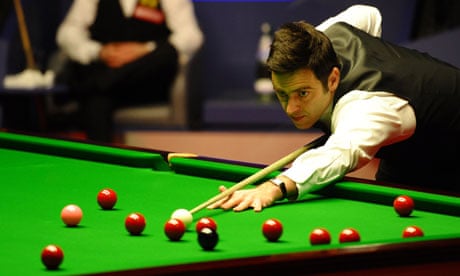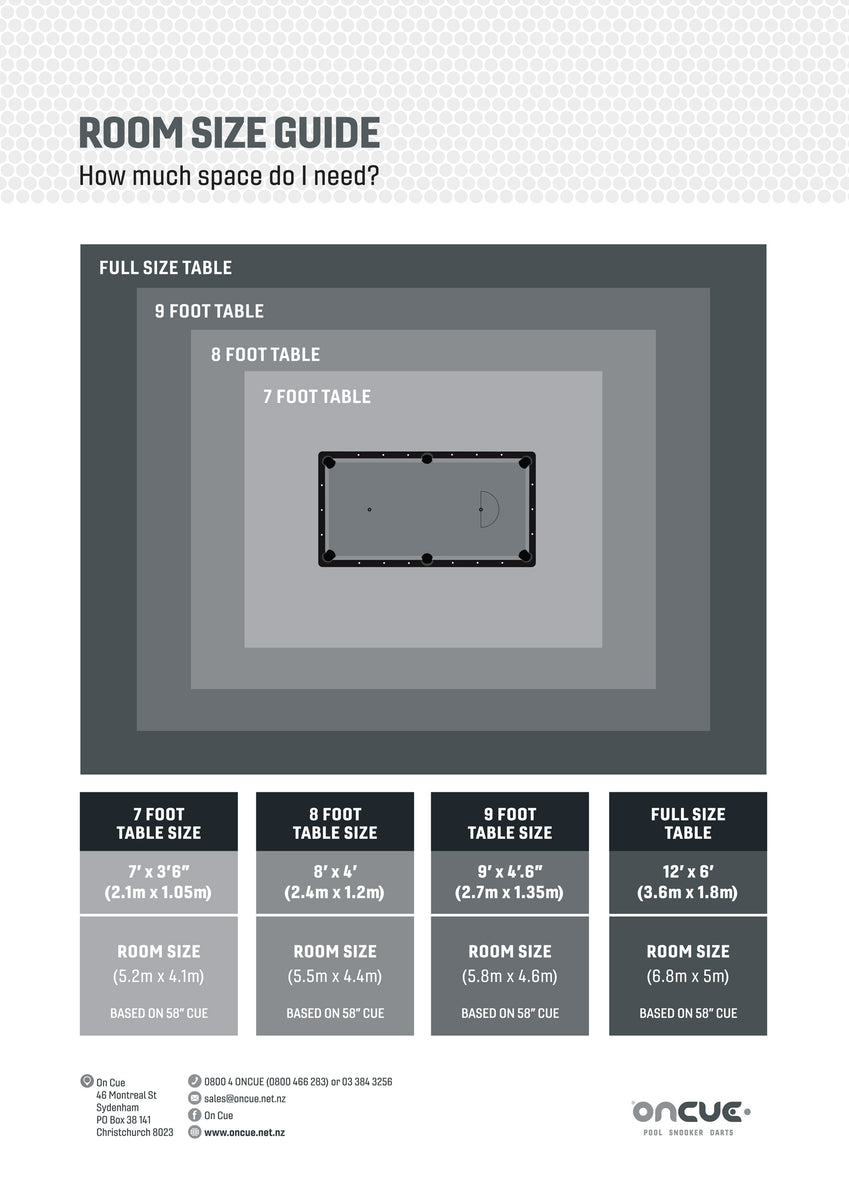
Pool balls are made from a variety of materials. These materials include plastics, wood, and phenolic compounds. Each material comes with its own set of advantages and drawbacks. Despite all the options, phenolic resin pool ball are the most durable and longest-lasting.
Phenolic resin balls are not only strong and durable, but they also resist scratches. They are usually more expensive, but the increase in price is worth it. Also, these pool balls are known for their unique feature, which is their high density surface.
Phenolic Resin (also known as phenolic resin) is a durable and extremely strong substance that has been used across many industries. It is made of phenol and formaldehyde. To make the ball, the mixture is compressed under extreme pressure. It is resistant to extreme temperatures and has high bonding power. Additionally, phenolic resin's molecular structure is more resistant to chipping. Because of this, pool balls made from phenolic resin are up to five- to six times more durable than polyester balls.

Also, plastic compounds are considered durable and non-flammable. However, they have their downsides as well. For instance, they tend to lose their shine quicker than phenolic resin balls. They can also cause burn marks to the table if they are used.
Plastics were not yet developed in the 19thcentury. Leo Baekeland an American chemist discovered a new chemical which could be molded into a plastic-like substance. Bakelite was the result of his research and was used for the manufacture billiards balls. This new material was popularized as a standard for billiards.
The material was more popular in the United States as wealthy Americans were able to afford it. Although it was still expensive, the material offered greater durability than wood. The material was quickly replacing wood in the production and distribution of billiards balls by the 1920s.
Today, most professional pool balls are made from plastic and phenolic resins. This material is far more durable than ivory and wood. It is also a bit more expensive, however it is an excellent investment for those who enjoy playing often.

If you would like to try your hand at billiards, consider getting a set of professional pool balls. A pool table accessory kit includes extra balls and equipment that will ensure your game stays safe.
Alternative options include synthetic materials such as acrylic and polyurethane. These materials are less expensive but come with a few drawbacks. They are not as shiny as phenolic balls, but they can lose their shine just as quickly. They are not as scratch resistant as phenolic.
If you don't want to spend the money on phenolic resin balls you can still get a set with polyester balls. Polyester balls are cheap, but they aren't as durable. Some may even crack. Make sure you only buy polyester balls from well-respected brands.